While the opening ceremony for the 2018 Winter Olympics takes place this Friday evening in Pyeongchang, in South Korea — barely 50 miles south of the Korean DMZ — athletes and journalists have already begun filing into the Olympic Village by the thousands. From deciding which athletes to watch, to Russian doping and tensions with North Korea, here are some important things to look out for as the games get under way this week.
Soldier-Athletes on Team USA
At this very moment, there are approximately 28,500 U.S service members in South Korea, most of whom are waiting for military exercises to resume along the Korean peninsula later next month. However, 7 of those soldiers will be trading in military fatigues for spandex suits and aero-helmets as members of the U.S. bobsled and luge teams.
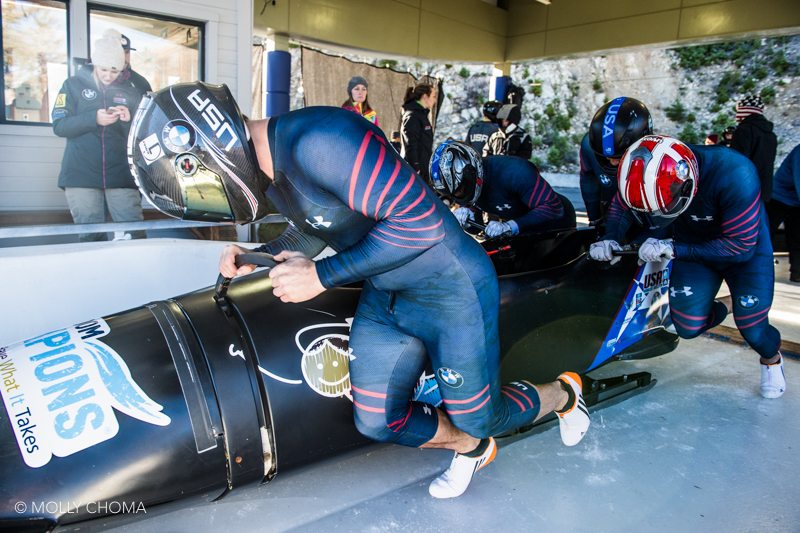
Joining them will be Sgt. Nick Cunningham from Monterey, California, and Sgt. 1st Class Nathan Weber, of the 10th Special Forces, from Pueblo West, Colorado. The 2 & 4-man bobsled events will take place on Feb. 19 and Feb. 24, respectively. A complete TV schedule can be found here.
As for the luge squad, Sgt. Emily Sweeney from Suffield, Connecticut, and Sgt. Taylor Morris from South Jordan, Utah, will complete in the singles luge event. Sgt. Matthew Mortensen will be competing in the doubles luge event along with his civilian-partner. Luge events will run from Feb. 10-15.

[Koepsel/Bongarts/Getty Images]
“I would say the hardest part of balancing my Army career and being the best athlete I can is sometimes where to place emphasis,” he said to NBC Sports. “I want to test myself within the Army and be the best soldier I can for the United States, but sometimes I am unable to attend some career courses due to my athletic scheduling. I am very grateful for the opportunity to wear both uniforms and represent my country.”

“Olympic Athletes from Russia”
In the aftermath of what has been considered one of the biggest doping conspiracies in sports history, the International Olympic Committee (IOC) announced in December that Russia would be banned from sending its national team to Pyeongchang for the 2018 Winter Olympics. That decision came more than one year after whistleblower and former director of the Russian Anti-Doping Center Grigory Rodchenkov exposed his agency’s misdeeds, which have been documented in the Netflix documentary Icarus.
Following an official inquiry, anti-doping investigators revealed that Mr. Rodchenkov’s allegations were, in fact, true, and that Russia had been sponsoring a secret doping program for at least 4 years. Many familiar with the scandal, including Mr. Rodchenkov, say the illegal doping program was encouraged by President Vladimir Putin ahead of the 2014 Winter Olympics, which took place in Sochi, Russia.
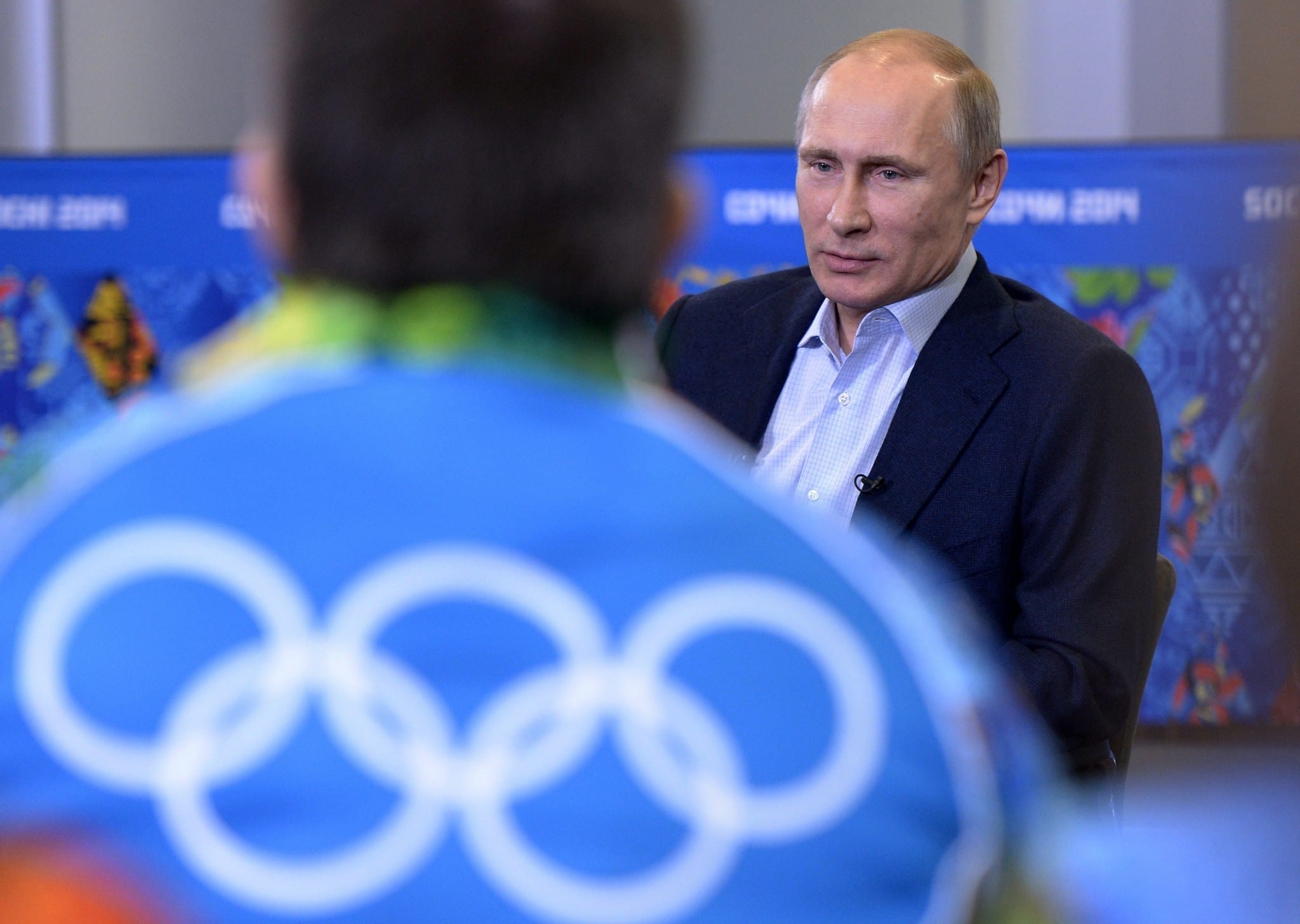
Today in Olympic fashion: 1) the drab gray “neutral” coat of the Olympic Athletes from Russia. They’re barred from having their flag on their uniforms(because doping). No big RUSSIA lettering or other decoration allowed. These athletes didn’t look too happy.#pyeongchang2018 pic.twitter.com/Boc3NGZpkX
— melissa block (@NPRmelissablock) February 5, 2018
Temporary Peace on the Korean Peninsula
While U.S.-North Korea relations have been become more and more inflamed over the last year, from U.S. President Trump calling North Korean leader Kim Jong-Un “Little Rocket Man,” to Kim threatening to push the “nuclear button,” South Korean leaders have managed to negotiate a regional détente – at least for the time being.
Following last month’s peace negotiations, the first official face-to-face meetings between Korean leaders in more than two years, North Korea announced that it would be sending a delegation of athletes and performers to Pyeongchang for the Winter Olympics. While the team of athletes may be humble — 22 in total — the complete North Korean delegation is 280 strong, made up mostly of cheerleaders, performers and journalists, according to South Korea’s unification minister, Cho Myoung-gyon.
Korean language used in the North and South has diverged in the six decades since the peninsula divided after the war. That's true for hockey terms, too — a challenge for the inter-Korean women's team at #PyeongChang2018 https://t.co/nEbal6BnFs cc @CurtisMelvin pic.twitter.com/0BQIBekUwD
— Matt Stiles (@stiles) February 3, 2018
The two Koreas will also be marching under the white and blue Korean unification flag, which many consider a promising sign of future dialogue between the two countries. Multiple North Korean dignitaries are also expected to be present at the Olympic games, including the supreme leader’s sister, Kim Yo Jong. She is considered a key player within the North Korean regime and will be the first member of the Kim dynasty to ever visit South Korea. Her presence will undoubtedly draw plenty of attention as she attends the opening ceremony on Friday evening.
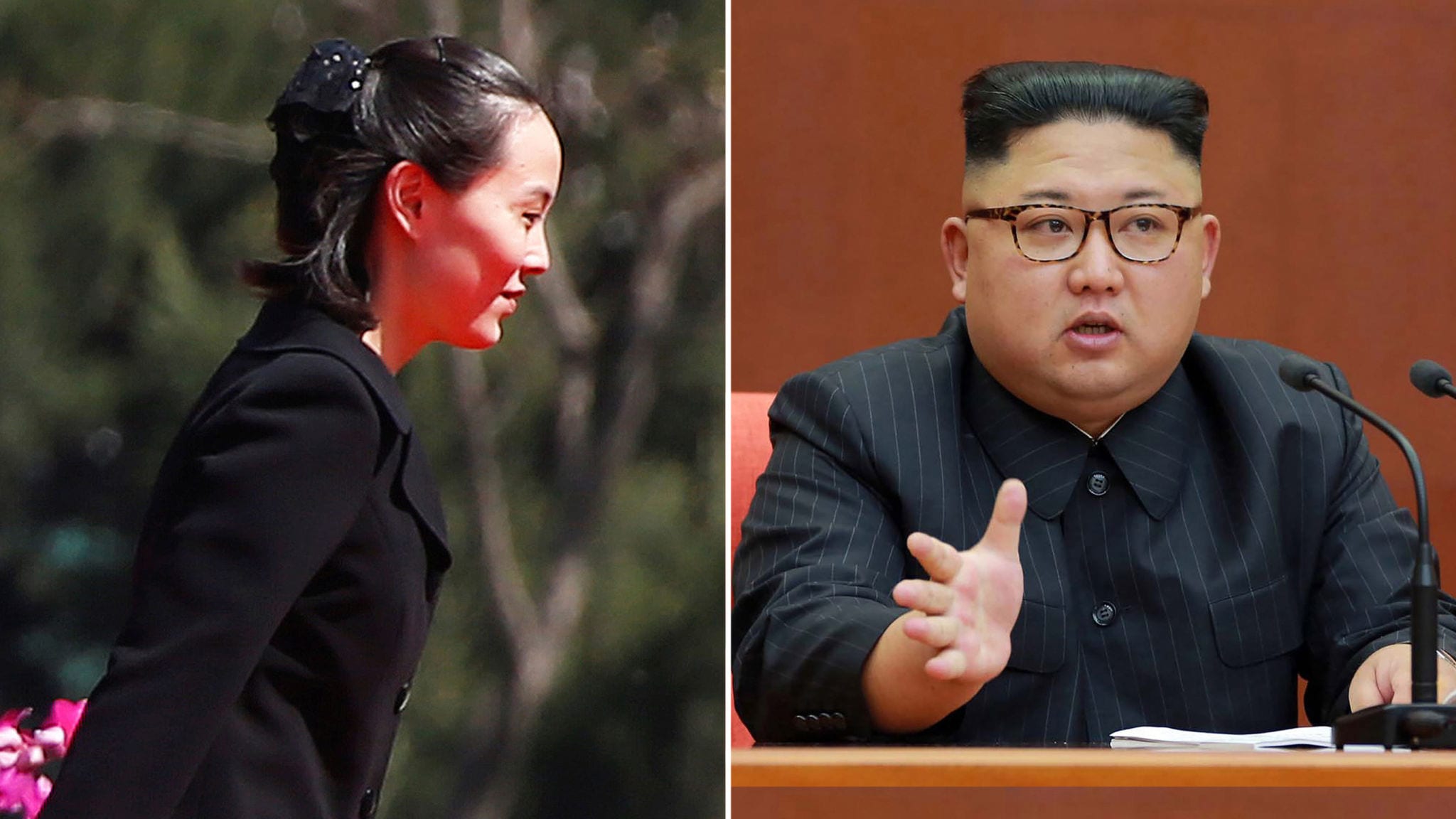
As NPR reported on Feb. 5, a clear indication of the vice president’s message is the person that will be joining him at the opening ceremony; the father of the deceased American college student, Otto Warmbier. In 2016, Mr. Warmbier was arrested and convicted by North Korean authorities for attempting to steal a propaganda poster. While he was sentenced to 15 years in prison, Warmbier was eventually released back to the U.S. in a coma, and died in June 2017. The cause of his initial injury was never determined, although Vice President Pence and other U.S. officials have repeatedly blamed North Korea for Warmbier’s death.
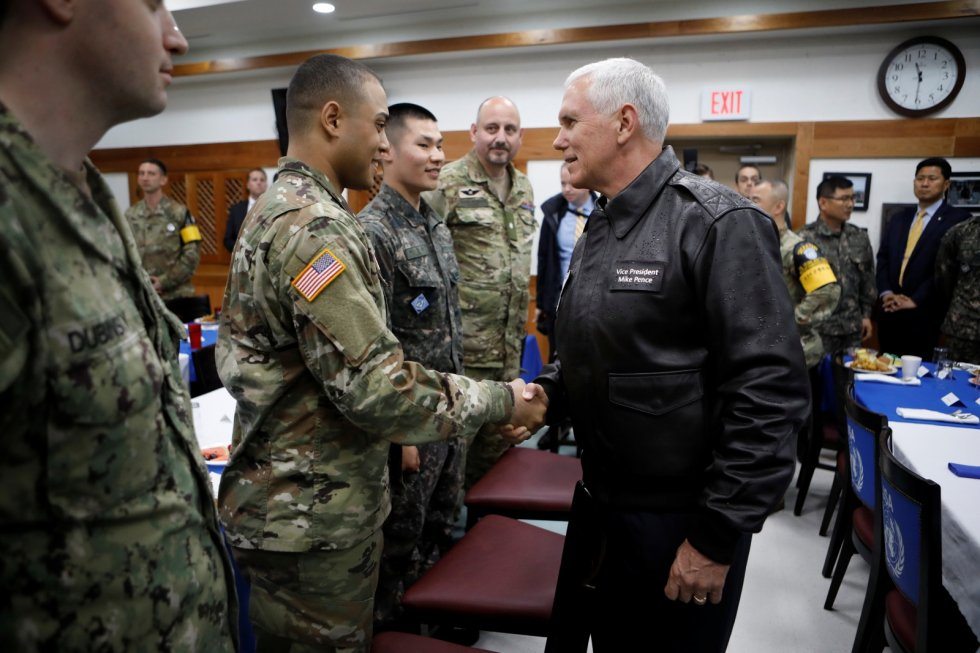
In recent practice, however, the two countries have begun to favor very different approaches. While the Trump administration has favored a hard line approach comprised of threats and sanctions, South Korea has been more flexible, taking every opportunity available to get North Korea to the negotiating table. Regardless of which country wins the most medals this month, or how spectacular the opening ceremony is, the looming nuclear question will likely continue throughout the games and beyond.
LIMA CHARLIE NEWS, with James Fox
Lima Charlie provides global news, insight & analysis by military veterans and service members Worldwide.
For up-to-date news, please follow us on twitter at @LimaCharlieNews

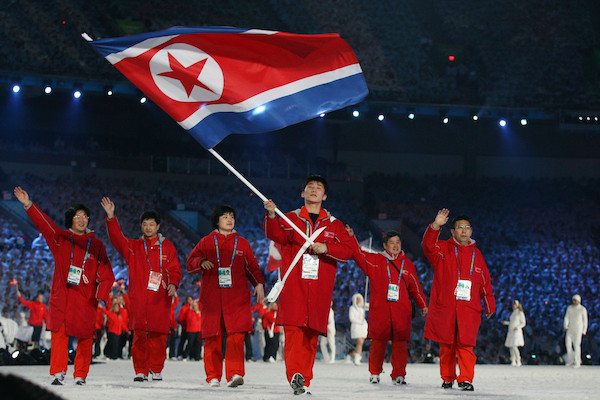
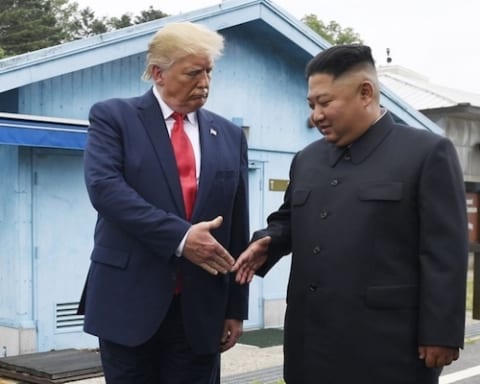
![Image War in Eastern Ukraine and the New Heroes of ‘Novorossiya’ (New Russia) [Lima Charlie News]](https://limacharlienews.com/wp-content/uploads/2019/04/Donbass-MAIN-01-480x384.png)
![Image What’s ailing South Korea? [Lima Charlie News]](https://limacharlienews.com/wp-content/uploads/2019/01/What’s-ailing-South-Korea-Lima-Charlie-News-480x384.png)


![Blossoming Russo-Turkish alliance leaves U.S., NATO behind [Lima Charlie News]](https://limacharlienews.com/wp-content/uploads/2019/07/Russia-Turkey-alliance-leaves-U.S.-NATO-behind-480x384.png)

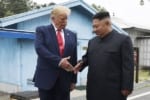
![Image War in Eastern Ukraine and the New Heroes of ‘Novorossiya’ (New Russia) [Lima Charlie News]](https://limacharlienews.com/wp-content/uploads/2019/04/Donbass-MAIN-01-150x100.png)